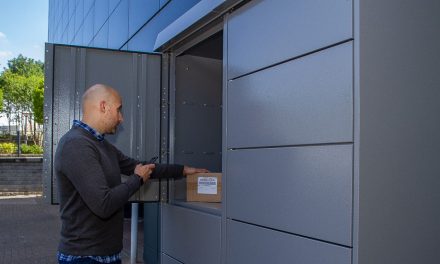
“Robot tax” would not protect jobs, says Institute of Economic Affairs

A new report from the UK’s Institute of Economic Affairs has argued that calls for a “robot tax” to protect jobs are “misguided”.
In a statement issued today (11 May), the IEA said: “The panic surrounding technological development and the expanding use of robots is largely overstated, based on speculation and limited facts. In the UK we have at least as high a proportion of the population employed as 100 years ago: technology creates new jobs as well as destroying old ones.
“Calls for a ‘robot tax’ to mitigate for a ‘robocalypse’ are misguided. A new report from the Institute of Economic Affairs, published today, argues that trying to implement such a tax would be beset with complications and in practice could, even if successful, protect just 15% of UK workers’ jobs. Shoring up existing jobs in this way could also deter the creation of new jobs as expanding firms would find it more difficult to recruit, and lead to a decrease in investment as the UK would be out of step internationally.”
The IEA said that robots can “realistically only replace jobs in a limited range of industrial activities” – so the panic over unemployment is unnecessary – and it also argued “imposing a robot tax when no other nation is doing so would result in the UK losing investment and thus be uncompetitive”.
Commenting on the report, author Len Shackleton, Editorial Research Fellow at the Institute of Economic Affairs, said: “We must not be afraid of technological change and the rise of robots. New technology offers us improved living standards and a better quality of life and there is little evidence that job displacement is moving faster than the economy’s ability to develop new types of employment. It is often overlooked that with technological change has come the creation of many new jobs already, including IT and scientific professionals.
“While the future may be uncertain, we should not be pushed into premature and damaging policy interventions on the basis of fears and panics. Protecting against a potential shake-up in the labour market with measures such as a robot tax, subsidies or further regulation is not the way to go.”













